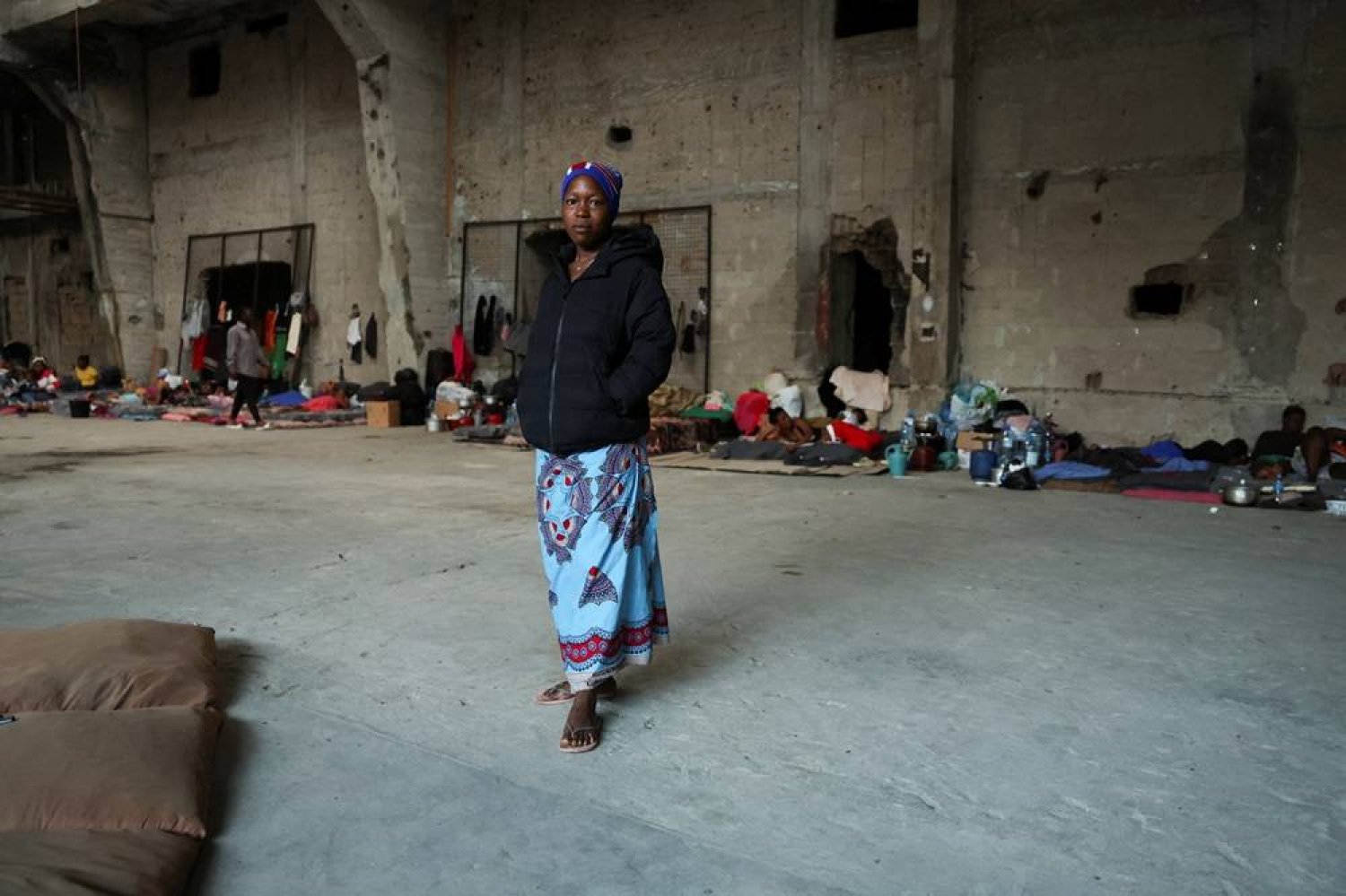
Migrant laborers in Lebanon are trapped in limbo as thousands escape fighting
Fajima Kamara is a migrant worker who arrived in Lebanon three years ago from Sierra Leone. However, her employers abandoned her when Israeli jets began bombing her neighborhood last month.
In the Hezbollah-held eastern city of Baalbek, the 28-year-old mother of three had been employed as a domestic servant for a Lebanese family.
Kamara’s employers told her she could not stay in their home while they were away, seeking safety in Dubai as the nearly year-long cross-border confrontation between Israel and the armed Shi’ite movement rapidly increased in late September.
Rather, Kamara claimed, they instructed her to travel to Beirut, the country’s capital, and locate her “fellow African sisters”.
After her employers stole her passport and phone, Kamara had no time to pack and left Baalbek with only the clothing on her back. She traveled to Beirut with thousands of other displaced people in the hopes of finding a place to stay.
She quickly found herself homeless and living on the streets of the city after being turned away from nearby shelters that were housing displaced Lebanese.
“For two days, I slept on the streets. Between sneezes, Kamara told Reuters, “I have a fever now.”
U.N. authorities expressed alarm about tens of thousands of live-in domestic workers, who are largely women, being “abandoned” by their employers on Friday, stating that the majority of Lebanon’s almost 900 shelters were filled.
Kamara eventually found safety at a hastily established shelter on October 1st thanks to Lebanese volunteers, but as the fighting worsens, she worries about her future. She wants to stay here for the time being and get another job so she won’t have to return home broke.
At the same crowdfunded shelter, around 100 migrant laborers and their kids are sleeping on flimsy beds on a cement floor and eating off of wooden pallets.
Project manager Dea Hage-Chahine stated that she and her group were putting in endless hours to extend the shelter by putting in power generators and a temporary kitchen.
The ultimate objective is to assist repatriate workers who desire to go back to their native countries; however, the majority, like Karama, do not possess a passport.
“We started the procedure for those who informed us they wanted to travel for the time being. We have the refuge available for individuals who would like to stay for the time being, and we will take care of their requirements. But we’re not sure what comes next,” stated Hage-Chahine.
In a nation plagued by protracted warfare and severely damaged by the economic downturn, citizen initiatives have taken the lead in providing aid to the displaced all around the nation.
According to Lebanese authorities, Israel’s intensified attack has killed over 2,000 people and forced 1.2 million people—nearly a quarter of the country’s population—to flee their homes.
All Categories
Recent Posts
Tags
+13162306000
zoneyetu@yahoo.com


